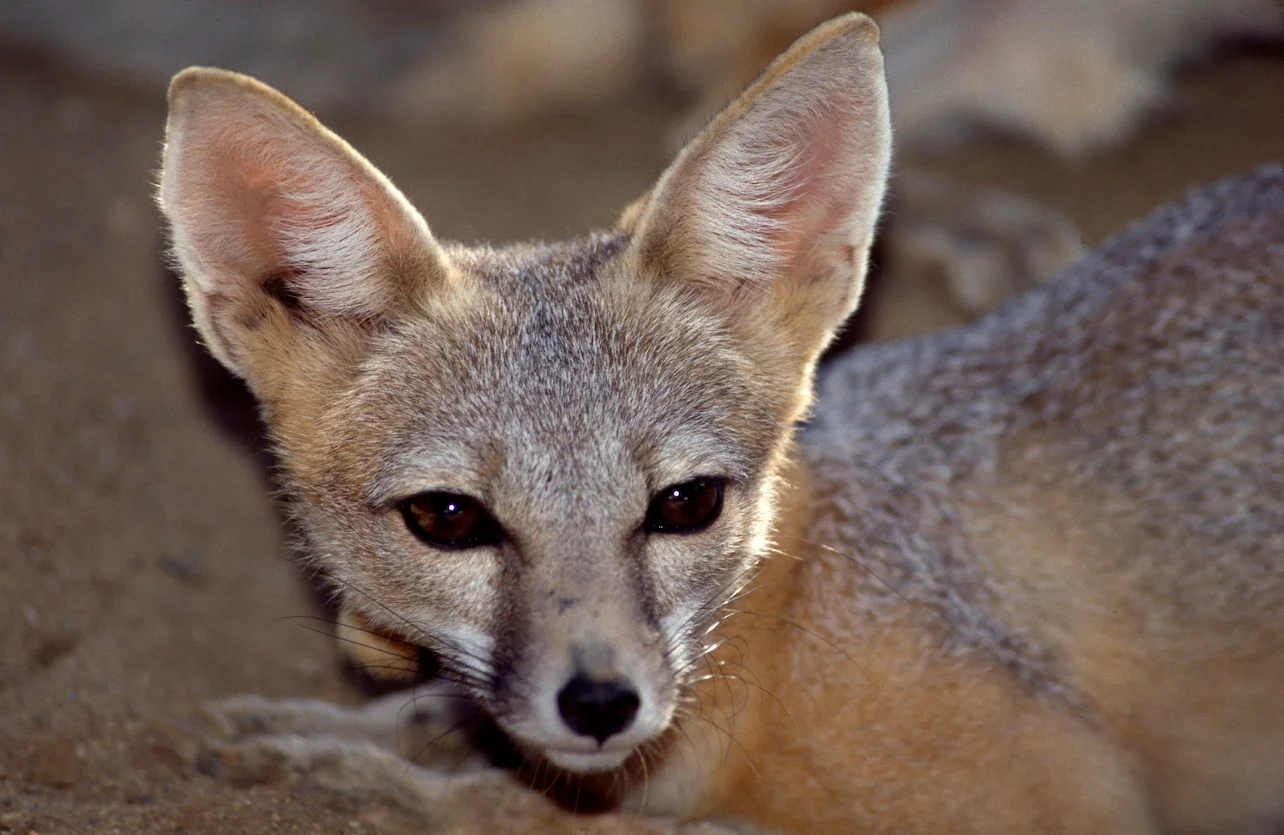The loss of biodiversity and the demand for clean, renewable energy are both being exacerbated by climate change, which is also altering the predicted future habitats of species. However, these facts are rarely taken into account simultaneously. In what locations might renewable energy projects be constructed without affecting the future ranges of threatening or endangered species?
 An endangered San Joaquin kit fox. Image Credit: California Department of Water Resources
An endangered San Joaquin kit fox. Image Credit: California Department of Water Resources
Research from the University of California, Davis, investigates this subject by superimposing renewable energy site maps over the ranges of two species in the southwestern United States: the iconic and climate-vulnerable Joshua tree and the federally endangered San Joaquin fox.
The study, published on March 8th, 2024, in the journal Nature Climate Change, discovered that Joshua trees will lose 31% of their habitat while kit foxes will lose 81% by 2070. That is with climate change alone, assuming moderate emissions. Combined with current and prospective renewable energy projects, an extra 1.7% of Joshua tree habitat and 3.9% of kit fox habitat might be lost.
This study describes how we need to use more renewable energy to fight climate change, but it also warns us that as we expand renewable energy, we are going to overlap with biodiversity hotspots. We show how advanced computer modeling can be applied to improve our understanding of how to site renewable energy resources in ways that benefit biodiversity and their shifting ranges.
Uzma Ashraf, Study First Author and Postdoctoral Scholar, Department of Land, Air and Water Resources, University of California, Davis
Clean Energy and Biodiversity
In 2021, 290 gigawatts (GW) of renewable energy capacity were added worldwide. Between now and 2030, the world must increase that to 1,120 GW per year to achieve net zero emissions by 2050.
Meanwhile, according to the study, animal populations have decreased by two-thirds over the last 50 years, owing mostly to habitat loss, which has been worsened by climate change.
Places that normally act as climatic refugia in the event of future climate circumstances might suffer harm from landscape alteration.
Scientists believe that since solar facilities offer shade, San Joaquin kit foxes have been seen to utilize them as a habitat. According to the study, this shows that by paying close attention to the ecological requirements of the species, there could be ways to reduce its effects.
Future-Facing Decision
Rebecca R. Hernandez, an associate professor and corresponding author, is in charge of the UC Davis Wild Energy Center. According to her, her institute is focusing on creating a framework to assist renewable energy companies in making future-focused site decisions that take animals’ expected range changes into account.
There is a current moonshot for solar and wind energy development. It is one where the footprint of the transition takes hold fast but in a manner that reinforces goals for biodiversity conservation and social justice. Species maps are now dynamic over time under climate change. Our team uses state-of-the-art computational tools to chart a safe passage for renewables.
Rebecca R. Hernandez, Study Corresponding Author and Associate Professor, University of California, Davis
Toni Lynn Morelli of the US Geological Survey and Adam B. Smith of the Missouri Botanical Garden’s Center for Conservation and Sustainable Development are the other study authors.
Alfred P. Sloan Foundation funded the study.
Journal Reference:
Ashraf, U., et. al. (2024) Aligning renewable energy expansion with climate-driven range shifts. Nature Climate Change. doi:10.1038/s41558-024-01941-3.